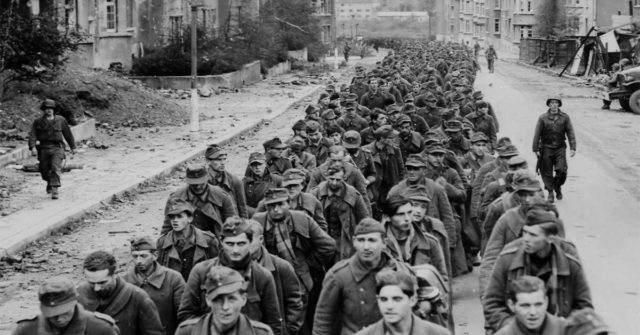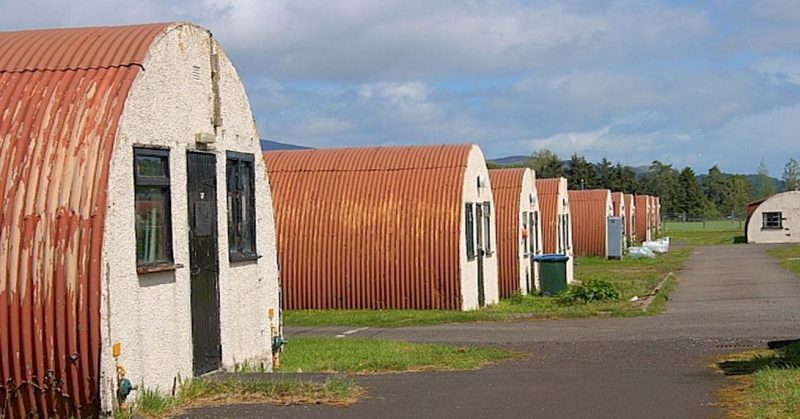Heinrich Steinmeyer was a 19-year-old member of Hitler’s Waffen SS when he was captured in Normandy just after D-Day in 1944. He was sent to a POW camp at Cultybraggan near Comrie, Perthshire, Scotland. He said that the experience so changed him that he realized that he should never have been fighting in the war.
He was able to return to Comrie after being released from jail. He made friendships so strong that he vowed to leave everything he owned to help the elderly of the village. In 2014, Steinmeyer died at the age of 90. His ashes were scattered in the hills above the camp.
In his will, Steinmeyer said he would like to express gratitude to the people of Scotland for their kindness and generosity. Also, the will directs that his house be sold along with his possessions and the proceeds should benefit the village. An inheritance of £384,000 has been donated to the village and put into the Heinrich Steinmeyer Legacy Fund.
The camp in Perthshire was where Steinmeyer was held until June 1945. At that point, he was moved to another camp at Watten in Caithness, also in Scotland. After the war had ended, he was sent to a camp in Fife. When he was released in 1949, he stayed in Scotland for some years.
He eventually settled in Delmenhorst, near Bremen, in 1970 after his mother became ill. Andrew Reid, of Comrie Development Trust, said, “This story is about Heinrich Steinmeyer’s gratitude for how he was treated.”

“Heinrich’s personal history is an amazing story of friendship and appreciation, and people in Comrie will both honor and benefit from his legacy.”
The trust purchased the POW camp for £350,000 in 2007. They are in consultation with local residents about how the legacy ought to be used.
Steinmeyer grew up in Silesia, which is now part of Poland. His family was very poor, and he worked as an apprentice butcher before he joined the SS when he was 17, The Telegraph reported.
He was captured during the fight over a bridge in Caen and was classified a category “C” prisoner – a hardline Nazi.
“I was young and had been brought up in Hitler’s system. I was part of the Hitler Youth; we were all young boys in our Panzer division. When I was brought to Scotland, I realized the Scots were no different from us. We should never have been fighting each other.
